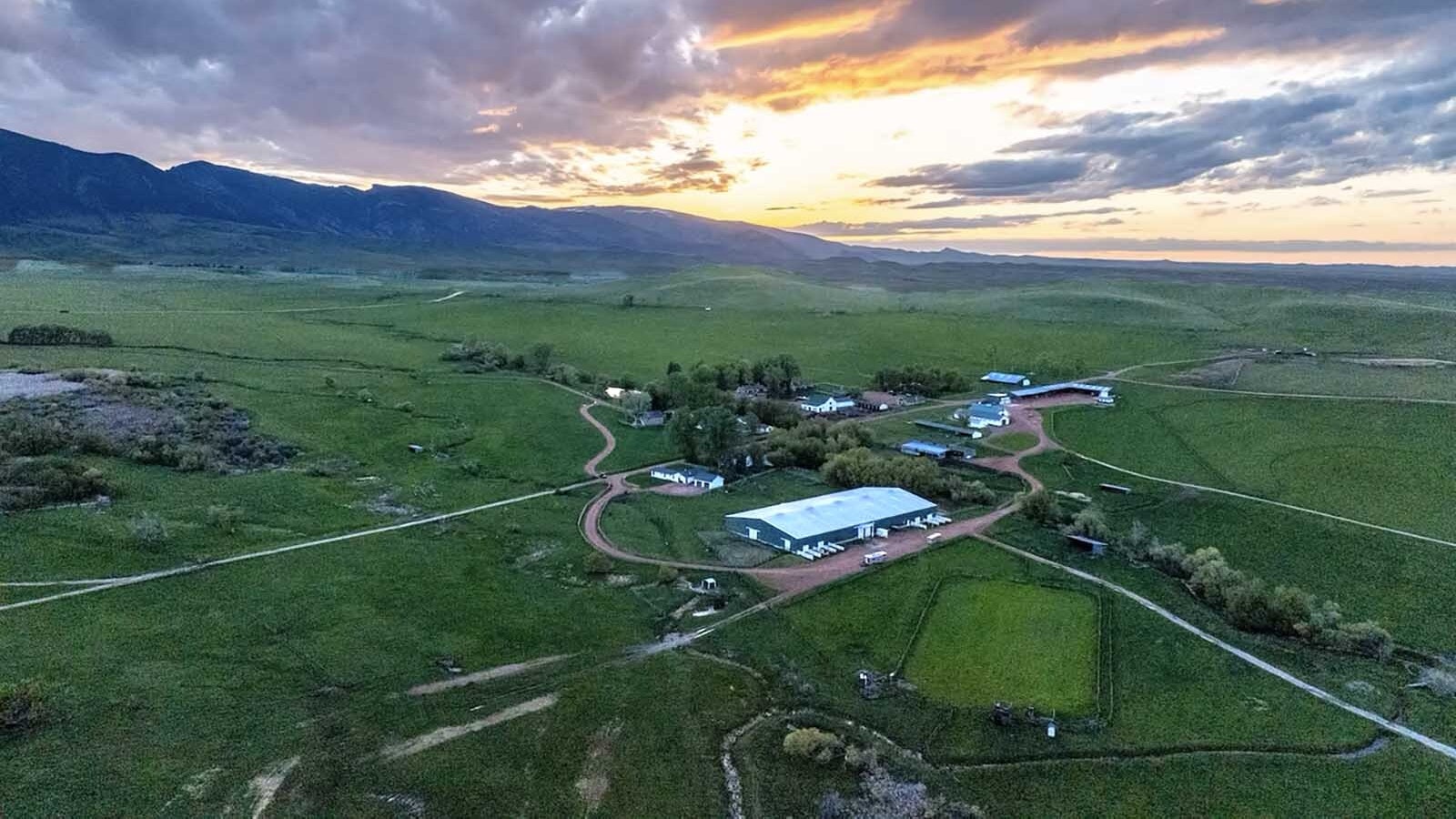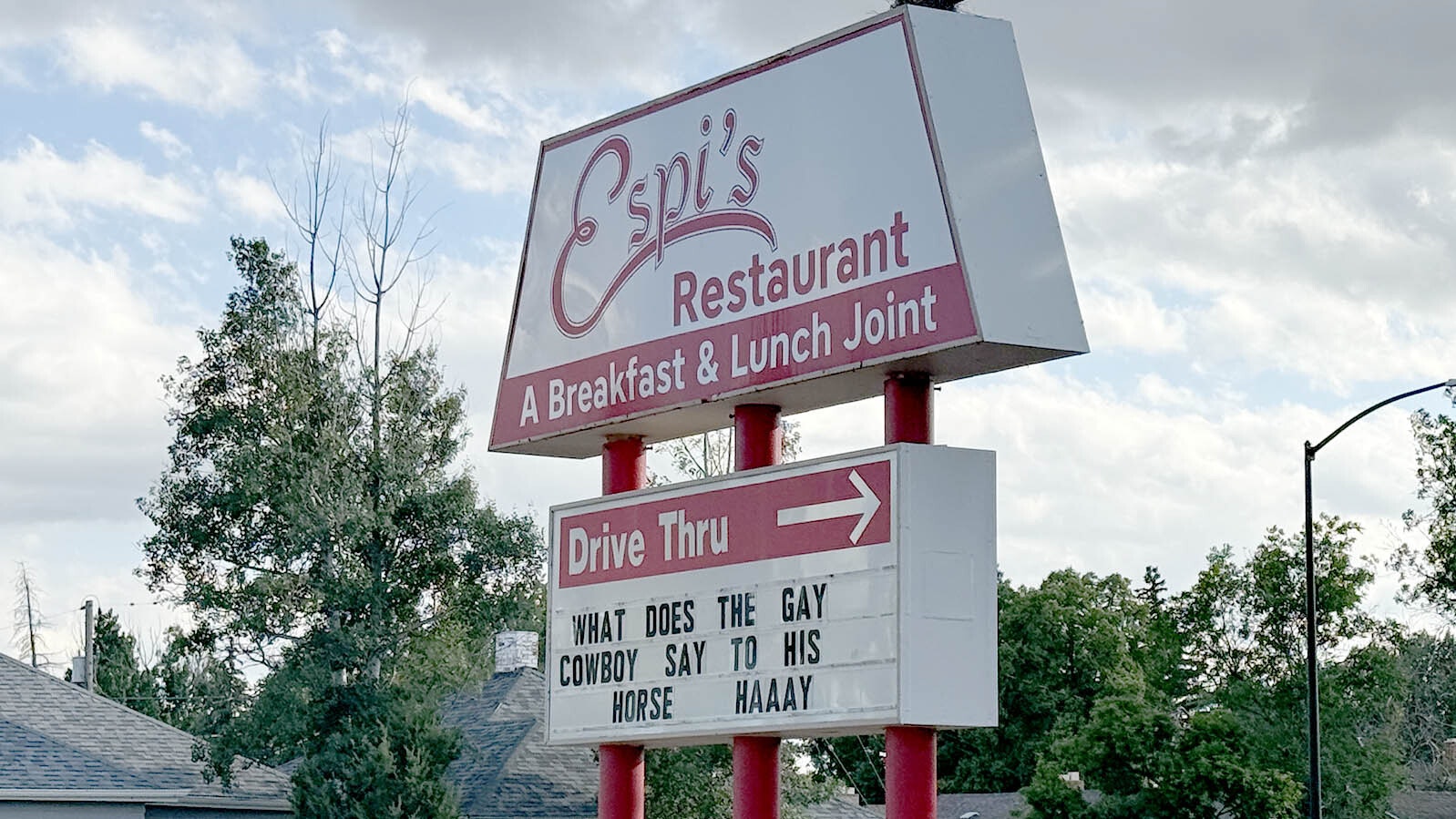Not too long ago, a coalition of consumers from multiple states filed a lawsuit in California to stop the $25 billion merger of Albertsons and Kroger. Now an even larger coalition of 100 organizations is banding together to fight the Albert-Krogerson deal, a sign that opposition to the mega merger is continuing to build.
The new coalition is open to membership from anyone, individuals and groups.
The site already contains what seem to be a few strange bedfellows — labor organizations interspersed with farming groups and free-market groups such as Open Markets, American Economic Liberties, Center for Economic and Policy Research, and others.
“Most of these farming organizations represent the smaller, medium-size farmers who will be negatively impacted from a supply chain point of view from this merger,” Marcela Salazar, spokesperson for UFCW Local 7, told Cowboy State Daily.
Those farm groups are often at odds with labor groups, as are free-market groups, but this is “such a detrimental merger,” Salazar said, that it’s bringing them together.
“We might have different motivations for being against the merger,” she said. “But we all have one common goal here, and that’s to convince the FTC not to approve this merger. And to show the state attorneys general because, depending on the state they represent and the laws on the books, they have antitrust authority as well.”
Grocery Giant
The merger of Albertsons and Kroger has been a lightning rod for criticism since it was announced late last year, partly because of its sheer size.
The two already are the Nos. 1 and 2 links on the U.S. supermarket food chain. Combining them will bring 4,996 stores under one roof, or one-fifth of the purely supermarket sector.
The CEOs of both Kroger and Albertsons have touted that size in testimony to lawmakers on Capitol Hill, suggesting it would allow them to negotiate for better deals, the same way Walmart and Amazon do now, naming the price producers will take.
Consumers would be the winners, they promise, with lower prices for groceries. Increased efficiencies, meanwhile, will provide savings that will be used to improve worker salaries.
Call Her Skeptical
But Local 7 President Kim Cordova is among the skeptical. She’s been through three grocery mergers in recent memory, and that’s not what she’s seen happen.
Prices did not drop, she told Cowboy State Daily, and wages did not go up either. Instead, hundreds of workers lost jobs and, in some cases, their retirement plans were devastated.
“If you go back and you look historically at all of these big chains in these mergers, there are those spin-off stores, but they never let those other chains operate,” Cordova said. “They’re not going to sell to a competitor. They’re not going to let competitors thrive. They sell them a lemon, basically.”
FTC Inquiry Raising Eyebrows
Others have been talking about those failures as well, including FTC Chairman Lina Khan, who wrote in 2017 that the “spectacular” failure of the Safeway-Albertsons merger in 2015 was something even a casual observer could have guessed.
In 2014, when Albertsons acquired Safeway, around 150 stores were sold off to another grocery chain, Haggen, in a bid to maintain competitiveness in the marketplace. But those stores all went bankrupt not even a year later.
Workers lost jobs and, based on a look at the USDA’s map of low-access, low-income areas, food deserts in Wyoming grew during that timeframe.
The FTC has recently begun a rather unconventional inquiry into the Albert-Krogerson deal. Traditionally, investigators have looked at specific geographic areas and overlapping stores to understand the effect on competition.
But in this case, the Wall Street Journal reports that the FTC is asking retailers and wholesalers across the United States for their views of the merger, as well as for details on how supermarket products are sourced and priced. Shopper data, pharmacy operations, store labels and labor dynamics also are being reviewed as part of that inquiry.
The FTC also is taking testimony from people, Local 7 members among them, about how the merger will affect things like retirements.
Attorneys general in several states, meanwhile, have announced investigations into the merger, including Washington, Illinois, California, Colorado and Arizona.
Those investigations continue, despite the failure of an earlier lawsuit that sought to stop a $4 billion dividend payout to Albertsons shareholders.
Editor’s Note: The term Albert-Krogerson’s is a portmanteau — the blending of two existing words to create a new one, such as when Brad Pitt and Angelina Jolie became Brangelina.





